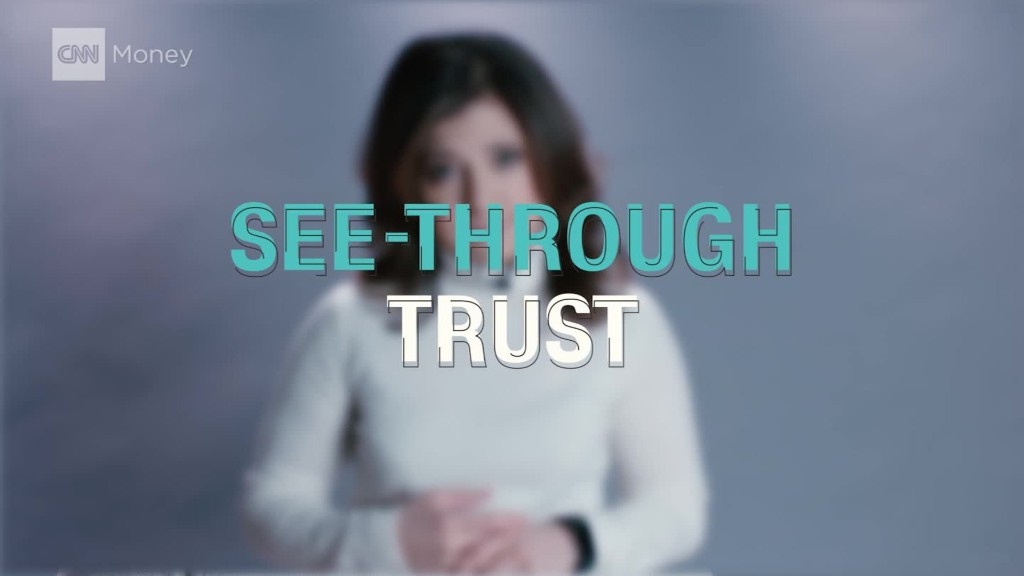
President Trump's lawyers promised before he took office that he was "completely isolating himself" from his businesses.
But he has the right to take cash payments from the businesses anytime he wants.
That's because of a clause, first reported Monday by ProPublica, in a summary of the trust set up to hold Trump's business assets while he serves as president.
The clause appears in a 166-page document published last month by the General Services Administration, the government agency that handles the lease for the Trump International Hotel in Washington.
The clause says Trump can receive "net income or principal" from his trust when he requests it and when the trustees managing his account -- his two oldest sons and a Trump Organization executive -- deem it necessary.
It is unclear why Trump would need the money. The White House said Monday that Trump would donate his salary since the inauguration, about $78,000, to the National Park Service.
Related: What Trump is really doing about his business
Ethics lawyers already had problems with the trust arrangement because Trump will still benefit from the success of his business while he serves as president, even if he doesn't reap those rewards until after he leaves office.
The clause highlighted by ProPublica heightens those concerns.
"It makes a somewhat meaningless trust agreement all the more meaningless," said Larry Noble, general counsel of the Campaign Legal Center, a nonprofit watchdog group. "Any time he wants to ask for more money, they will give it to him as long as they deem it appropriate."
Sheri Dillon, a lawyer for Trump, told reporters in January that Trump wanted there to be "no doubt" that the president was "completely isolating himself from his business interests."
At the same press conference, Dillon referred to a "wall" that would be built between Trump and his assets.
Related: What we know, and don't, about Trump's trust
White House press secretary Sean Spicer, asked about the ProPublica report Monday, said he was not sure whether Trump had withdrawn money. Spicer also dismissed ProPublica, an independent, nonprofit journalism organization that has won three Pulitzer Prizes, as a "left-wing blog."
"I'm somewhat surprised in the sense that anyone would find it shocking," he said. "A blind trust, or any kind of trust, rather, the whole entire point of setting it up is that somebody can withdraw money."
Trump's trust is not blind. In a blind trust, Trump would have liquidated his holdings and turned the proceeds over to an independent money manager to handle without his knowledge.
The Trump Organization disputed ProPublica's characterization that the clause was a change to the original documents governing the trust. "There have been no changes to the trust," said Amanda Miller, a spokeswoman for the business.
Nonetheless, ethics experts said the existence of the clause is a problem.
"Delaying taking payments or profits from his businesses until after his presidency created a facade of separation between Trump and his companies," said Noah Bookbinder, the executive director of Citizens for Responsibility and Ethics in Washington, a legal watchdog group. "Now, that's gone too."
CREW has sued Trump in federal court, alleging the president is violating the Constitution by accepting payments from foreign governments through his businesses. The case is pending.
The trust language says the trustees can give Trump money at his request, or as they deem necessary for his "maintenance, support or uninsured medical expenses." Noble said that wording is vague, and can be interpreted broadly.
"There really is no separation from what he is doing now as president and his business interests, even though they tried to say there was separation," he said.
-- CNNMoney's Cristina Alesci contributed to this story.
